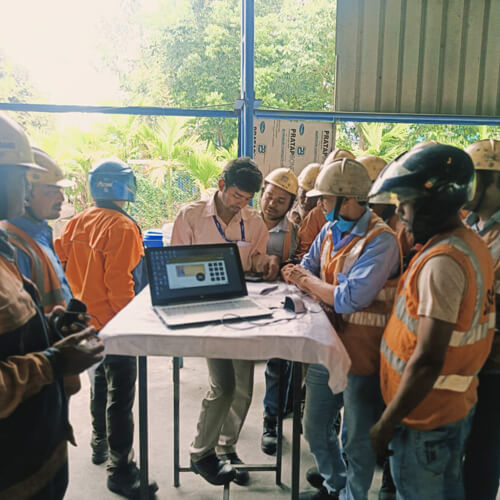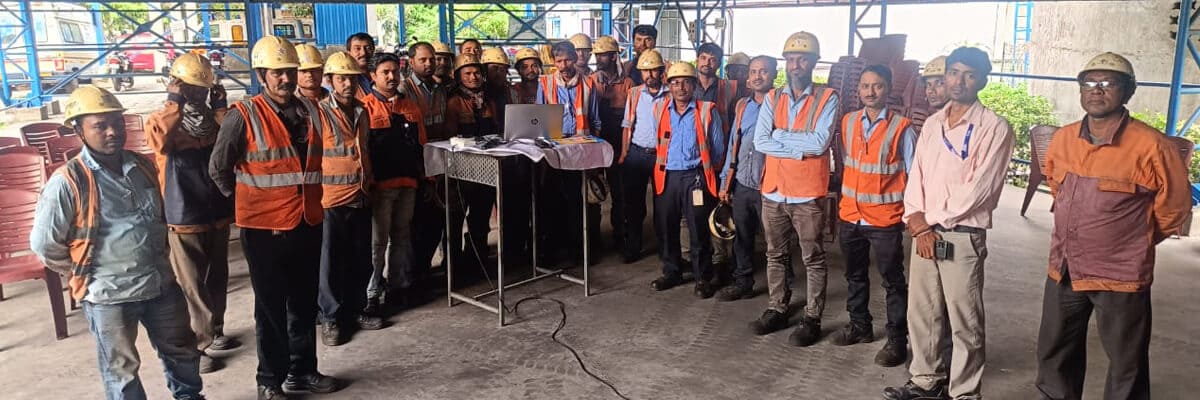Having skilled workers is more important than ever. However, only about 21.2% of India’s working population is considered skilled, meaning just one in five workers has the necessary training. This highlights the need for skill development programs, especially for blue-collar workers, who are the backbone of many industries.
Why Training Is Important
Investing in training programs by any good charitable organization in India, helps close the skill gap in India. These programs improve workers’ efficiency, productivity, and work quality. For businesses, skilled workers lead to a safer work environment, better adaptability to new technologies, and increased profits. For employees, training boosts confidence, opens up better job opportunities, and helps them advance in their careers.
Our Key Focus Areas
The We Foundation NGO focuses on helping to improve their skills in the following areas:
- Technical Skills: We provide training in areas like operating machinery, maintaining equipment, and ensuring quality control. This helps workers handle the technical demands of their jobs more effectively.
- Digital Literacy and Technology: As industries become more digital, it’s important for workers to learn how to use digital tools and technology. We offer training to help workers become comfortable with these new technologies.
- Soft Skills: Soft skills, like communication, teamwork, problem-solving, and leadership, are just as important as technical skills. Our programs help workers improve these skills, making them more effective in their jobs.
Safety and Compliance
Safety at work is critical. We provide training on safety rules, how to identify hazards, and what to do in emergencies. This ensures workers can stay safe on the job.
Career Growth and Continuous Learning
We encourage workers to keep learning by offering opportunities for certifications, apprenticeships, and further education. This helps them grow in their careers and stay up-to-date with industry changes.
By supporting these training programs, we are helping to create a stronger, more skilled workforce in India. As one of the best NGO in Kolkata and pan India, The We Foundation believes that every worker should have the chance to learn, grow, and succeed in their careers.


